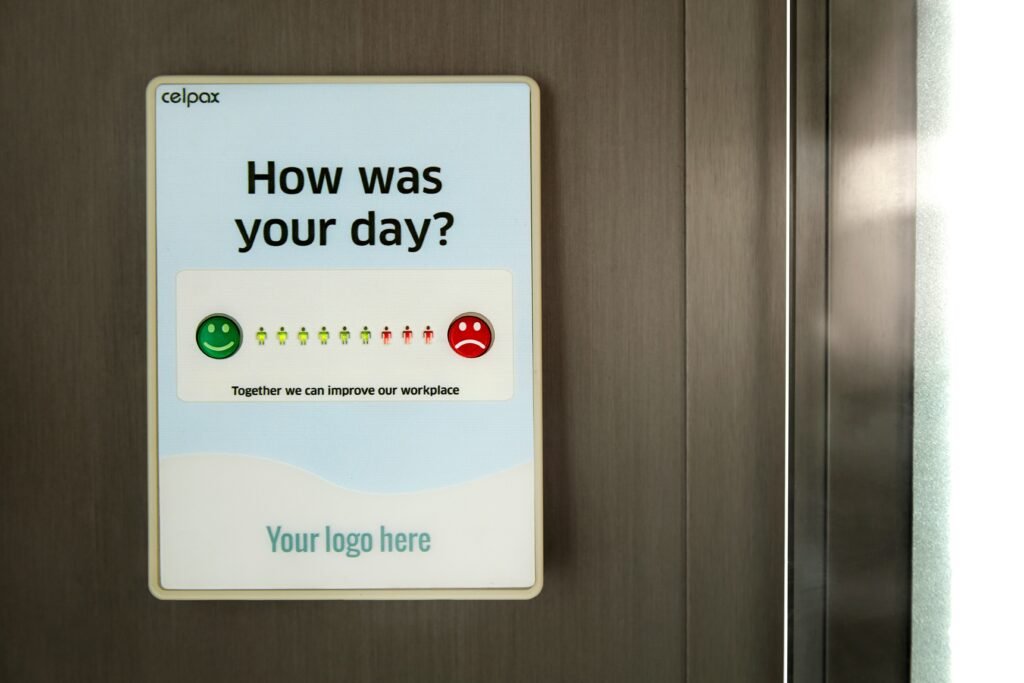
Embracing Flexibility in Work Models
In today’s rapidly evolving work environment, organizations are increasingly recognizing the necessity of adaptability, particularly in relation to flexible work arrangements. As remote work, hybrid models, and gig economies become more prevalent, businesses must rethink traditional work structures to enhance employee satisfaction and overall productivity. Flexible work models provide employees with the autonomy to choose when and where they work, ultimately leading to a happier workforce and improved performance outcomes.
For businesses aiming to implement these flexible arrangements, it is essential to foster a strong culture that promotes flexibility. Creating policies that support various work styles can encourage employees to engage more fully in their roles. Best practices include providing comprehensive training on remote collaboration tools, setting clear performance objectives, and facilitating regular check-ins between managers and team members. By establishing a well-defined framework, organizations can ensure that employees remain aligned with company goals while enjoying greater freedom in their work schedules.
Managers play a crucial role in supporting their teams through this transition. To encourage adaptability, leaders must focus on open communication, offering resources for mental and emotional well-being, and recognizing individual contributions regardless of work location. By maintaining strong line-of-sight into team dynamics and progress, managers can effectively guide their teams toward achieving optimal results in a flexible work environment.
Case studies of companies that have successfully embraced these diverse work models illustrate the positive impact on employee morale and performance. For instance, organizations that adopted hybrid work schedules noted a significant decrease in burnout, coupled with a 20% increase in productivity metrics. Embracing flexibility not only positions companies to thrive in the modern workforce but also contributes to attracting and retaining top talent, making adaptability a competitive advantage in today’s marketplace.
Cultivating Skills for Tomorrow’s Workforce
As the employment landscape continues to evolve due to rapid technological advancements and shifting job demands, cultivating essential skills for the future has become a paramount focus for individuals and organizations alike. The ability to adapt and learn is crucial to thriving in today’s dynamic work environment.
Continuous learning frameworks are vital for fostering a culture of skill development. Organizations can implement structured programs that emphasize ongoing education, enabling employees to keep pace with technological changes. These frameworks should not only address technical skills relevant to specific job roles but also incorporate a broad spectrum of knowledge that reflects the multifaceted nature of modern jobs. This approach encourages workers to engage in lifelong learning, making them more resilient to the shifts in their respective industries.
Reskilling initiatives also play a critical role in preparing for future job markets. As some positions become obsolete while new roles emerge, targeted reskilling programs can help workers transition smoothly into these new positions. Organizations should assess their workforce’s current capabilities and future demands to devise strategic reskilling initiatives tailored to their needs. Such programs not only benefit employees by providing them with new opportunities but also support organizations in maintaining a competitive workforce.
A key component of skill cultivation is the development of both soft skills and technical competencies. While technical skills may determine job readiness, soft skills—such as communication, teamwork, and problem-solving—enable individuals to navigate complex work environments effectively. In many cases, these interpersonal skills can be just as important as technical expertise, as they enhance collaboration, innovation, and overall workplace morale.
Mentorship programs can further facilitate skill development and foster a culture of knowledge sharing. By pairing experienced professionals with those seeking to enhance their skills, organizations can create an environment conducive to personal and professional growth. Such relationships not only provide guidance in navigating career paths but also allow for the exchange of insights that can lead to innovative solutions and approaches to challenges.
Through the adoption of these strategies, both individuals and organizations can cultivate the skills necessary to thrive in the evolving workforce, ensuring they remain adaptable and competitive in an ever-changing landscape.